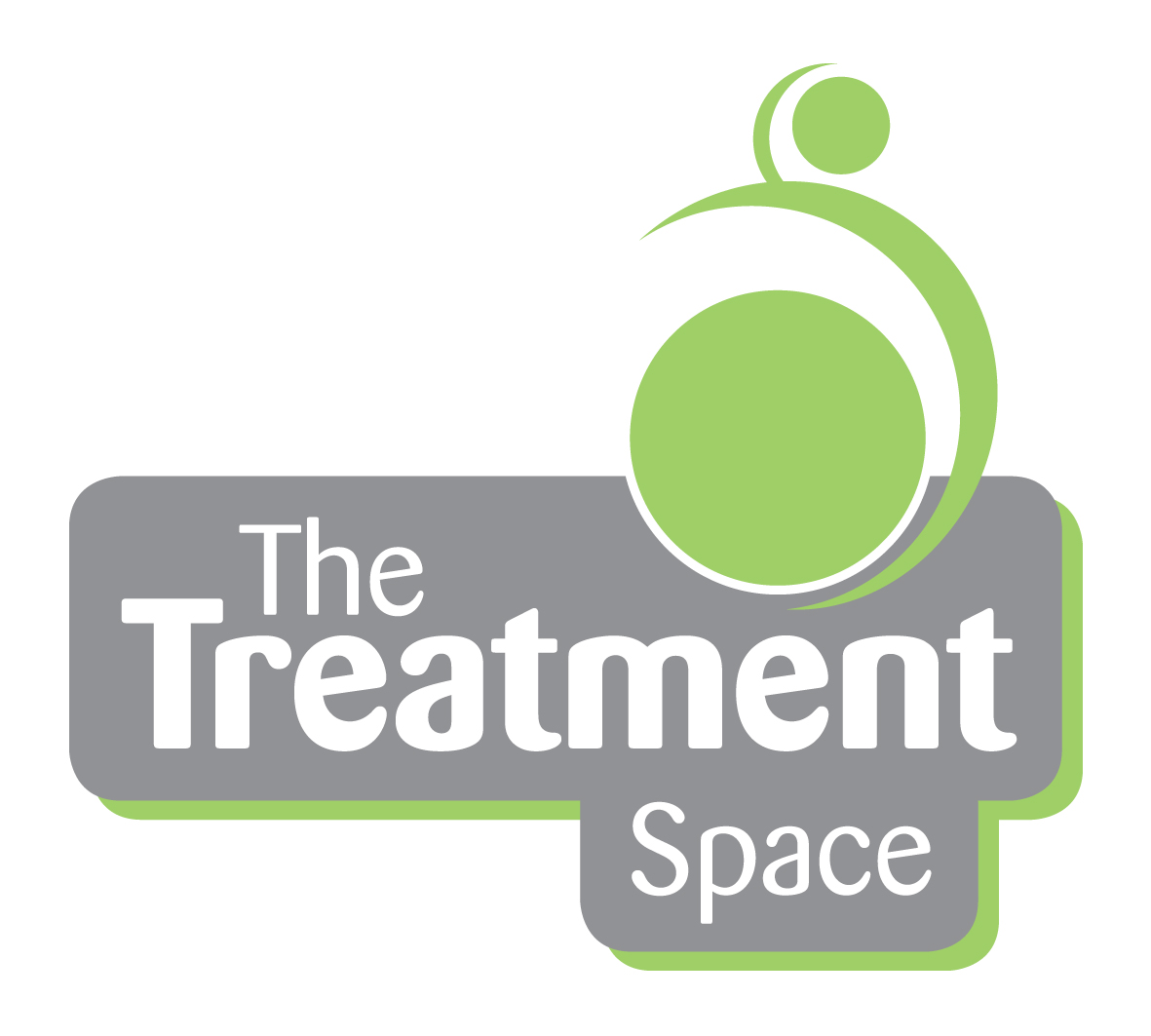Depressing statistics on depression
There’s an interesting article in today’s paper about the global levels of depression and how both developed and developing countries are failing to deal with it. Kofi Annan is quoted in it stating “The failure to tackle depression undermines the fundamental human rights of millions and millions of people,” he said. “This begins with the denial of even the most basic levels of treatment and support.”
There is a promising recognition within the NHS at the moment that physical and mental conditions should not be treated as separate entities and there is talk of a move to bring about change to treat both elements concurrently or holistically.
As a Chinese Acupuncturist with an interest in the treatment of mental health, this is music to my ears as this approach is at the root of Chinese medicine.
The following information is taken from the British Acupuncture Council’s website:
Depression is a common mental health problem that affects people of all genders, ages, and backgrounds. About two thirds of adults will at some time experience depression severe enough to interfere with their normal activities (Mintel/YouGov, 2006, Stewart et al, 2004).
Women are twice as likely as men to become depressed (Stewart et al, 2004) partly due to hormone changes occurring pre-menstrually, at menopause, during pregnancy or after childbirth. Depression is estimated to cost the UK £7.5 billion a year in medication, benefits and lost working days (McCrone et al, 2008). The World Health Organization predicts that by 2020 depression will be second only to chronic heart disease as an international health burden (WHO, 2008)
Although everyone occasionally experiences low mood, these feelings usually pass after a couple of days. When a person has clinical depression, these problems can become chronic or recurrent, interfering with daily life. Depression causes symptoms such as low mood, loss of interest in enjoyable activities, anxiety, irritability low self-esteem, disturbed sleep or appetite, weight change, tiredness, lack of motivation, concentration or libido, physical pain, and suicidal thoughts.
Depression is likely to result from a combination of genetic, biochemical, environmental, and psychological factors. It may be triggered by stressful events, such as bereavement, illness, relationship problems or financial difficulties.
How acupuncture can help
Most research on acupuncture for depression has been carried out in China with Western drugs as comparators. Two recent systematic reviews, both drawing on Western and Chinese data, found that acupuncture was similar in effectiveness to anti-depressant medication and not significantly better than sham acupuncture or waiting list controls. However, they reached very different conclusions, one recommending acupuncture (Zhang 2010) and one stating that the evidence was insufficient (Smith 2010). Major issues to consider in respect of the research evidence are a) how trustworthy are Chinese studies (Ernst 2010), b) how valid are sham controlled trials (Schroer 2010), and c) how relevant to normal practice is the acupuncture provided in trials (Schroer 2010). Notions about acupuncture’s placebo properties (Ernst 2010) can only be speculative, and with little relevance to decisions about patient benefit. Given that acupuncture appears to be at least as effective as existing conventional drugs, without their level of side effects, it should be considered as one of the therapeutic options, alongside the existing repertoire. Two specific situations, during pregnancy (Manber 2010) and post-stroke (Zhang 2010; Smith 2010), seem to be particularly favourable for incorporating acupuncture treatment. (See table overleaf)
In general, acupuncture is believed to stimulate the nervous system and cause the release of neurochemical messenger molecules. The resulting biochemical changes influence the body’s homeostatic mechanisms, thus promoting physical and emotional wellbeing.
Studies indicate that acupuncture can have a specific positive effect on depression by altering the brain’s mood chemistry, increasing production of serotonin (Sprott 1998) and endorphins (Wang 2010). Acupuncture may also benefit depression by acting through other neurochemical pathways, including those involving dopamine (Scott 1997), noradrenaline (Han 1986), cortisol (Han 2004) and neuropeptide Y (Pohl 2002).
Stimulation of certain acupuncture points has been shown to affect areas of the brain that are known to reduce sensitivity to pain and stress, as well as promoting relaxation and deactivating the ‘analytical’ brain which is responsible for anxiety and worry (Hui 2010). Stress-induced changes in behaviour and biochemistry may be reversed (Kim 2009).
Some of the most recent research suggests that depression is associated with dysfunction in the way that parts of the resting brain interact with each other (Broyd 2008); acupuncture has been shown to be capable of changing the ‘default mode network’ (Dhond 2007), but the effect goes beyond that of expectation/placebo (Hui 2010).
Acupuncture can be safely combined with conventional medical treatments such as anti-depressants, helping to reduce their side effects and enhance their beneficial effects (Zhang 2007).
Acupuncture treatment can also help resolve physical ailments such as chronic pain (Zhao 2008), which may be a contributing cause of depression. In addition to offering acupuncture and related therapies, acupuncturists will often make suggestions as to dietary and other lifestyle changes that may be helpful in overcoming depression. Finally, people struggling to cope with depression usually find that coming to see a supportive therapist on a regular basis is helpful in itself.
References
Mintel/YouGov. Depression poll commissioned by the British Association for Counselling and Psychotherapy. 2006 Apr.
Stewart DE, Gucciardi E, Grace SL; Depression. BMC Women’s Health. 2004 Aug 25;4 Suppl 1:S19.
McCrone P, Dhanasiri S, Patel A, Knapp M, Lawton-Smith S. Paying the Price: The cost of mental health care in England to 2026. The King’s Fund, May 2008, ISBN 978 1 85717 571 4.
World Health Organization. 2008.http://www.who.int/mental_health/management/depression/definition/en/
